Related Research Articles
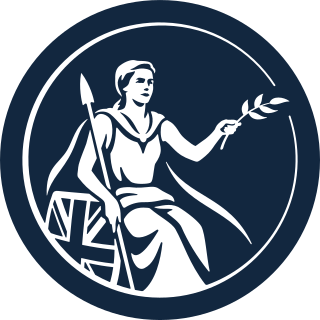
The Bank of England is the central bank of the United Kingdom and the model on which most modern central banks have been based. Established in 1694 to act as the English Government's banker and debt manager, and still one of the bankers for the Government of the United Kingdom, it is the world's eighth-oldest bank.
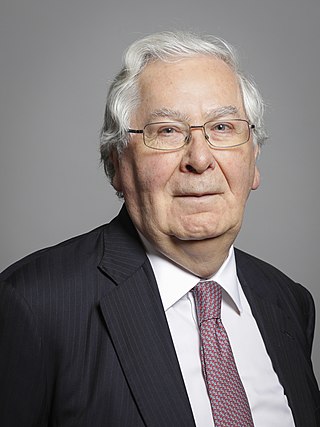
Mervyn Allister King, Baron King of Lothbury is a British economist and public servant who served as the Governor of the Bank of England from 2003 to 2013. He is a School Professor of Economics at the London School of Economics. He is also the Chairman of the Philharmonia.
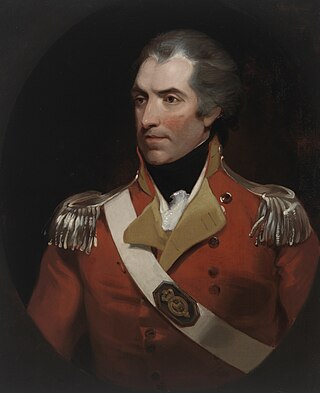
Colonel William Paterson, FRS was a Scottish soldier, explorer, Lieutenant Governor and botanist best known for leading early settlement at Port Dalrymple in Tasmania. In 1795, Paterson gave an order that resulted in the massacre of a number of men, women and children, members of the Bediagal tribe.

Thomas Tooke was an English economist known for writing on money and economic statistics. After Tooke's death the Statistical Society endowed the Tooke Chair of economics at King's College London, and a Tooke Prize.

The governor of the Bank of England is the most senior position in the Bank of England. It is nominally a civil service post, but the appointment tends to be from within the bank, with the incumbent grooming their successor. The governor of the Bank of England is also chairman of the Monetary Policy Committee, with a major role in guiding national economic and monetary policy, and is therefore one of the most important public officials in the United Kingdom.
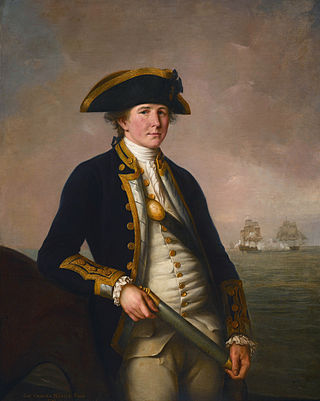
Admiral of the Fleet Sir Charles Morice Pole, 1st Baronet GCB was a Royal Navy officer, colonial administrator and politician. As a junior officer he saw action at the siege of Pondicherry in India during the American Revolutionary War. After taking command of the fifth-rate HMS Success he captured and then destroyed the Spanish frigate Santa Catalina in the Strait of Gibraltar in the action of 16 March 1782 later in that War.
Samuel Thornton was one of the sons of John Thornton, a leading merchant in the Russian and Baltic trade, and was a director of the Bank of England for 53 years and Governor (1799–1801). He had earlier served as its Deputy Governor. He was Member of Parliament (MP) for Kingston upon Hull from 1784 to 1806 and for Surrey from 1807 to 1812. He and was a member of the Committee for the repeal of the Test and Corporation Acts.
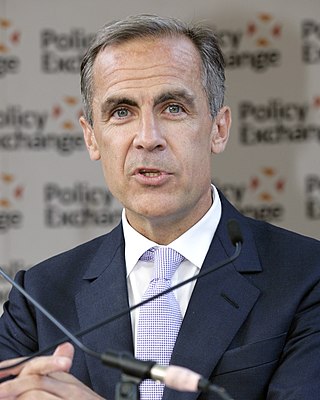
Mark Joseph Carney is a Canadian economist and banker who was the governor of the Bank of Canada from 2008 to 2013 and the governor of the Bank of England from 2013 to 2020. He is chair, and head of impact investing at Brookfield Asset Management since 2020, and was named chairman of Bloomberg Inc., parent company of Bloomberg L.P., in 2023. He was the chair of the Financial Stability Board from 2011 to 2018. Prior to his governorships, Carney worked at Goldman Sachs as well as the Department of Finance Canada. He also serves as the UN Special Envoy for Climate Action and Finance.
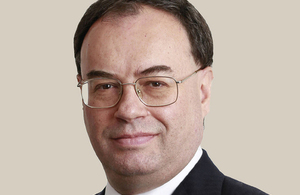
Andrew John Bailey is a British central banker and Governor of the Bank of England since 16 March 2020.
John Pearse (?1760–1836), of 50 Lincoln's Inn Fields, Middlesex and Chilton Lodge, near Hungerford, Berkshire, was an English politician.
A Deputy Governor of the Bank of England is the holder of one of a small number of senior positions at the Bank of England, reporting directly to the Governor.
Horatio Townshend was an English banker and politician who sat in the House of Commons between 1715 and 1734.
Delillers Carbonnel was an English banker who was Governor of the Bank of England from 1740 to 1741.
Charles Savage was Governor of the Bank of England from 1745 to 1747. He had been Deputy Governor from 1743 to 1745. He replaced William Fawkener as Governor and was succeeded by Benjamin Longuet.
Alexander Sheafe was the Governor of the Bank of England from 1752 to 1754. He had been Deputy Governor from 1750 to 1752. He replaced William Hunt as Governor and was succeeded by Charles Palmer.
Charles Palmer was Governor of the Bank of England from 1754 to 1756. He had been Deputy Governor from 1752 to 1754. He replaced Alexander Sheafe as Governor and was succeeded by Matthews Beachcroft.
James Sperling was Governor of the Bank of England from 1773 to 1775. He had been Deputy Governor from 1771 to 1773. He replaced Edward Payne as Governor and was succeeded by Samuel Beachcroft. Sperling's tenure as Governor occurred during the Bengal bubble crash (1769–1784).
Samuel Bosanquet (1744–1806) was an English merchant and banker.
Daniel Giles was a London merchant and banker, the son of Huguenot immigrant parents.
Benjamin Winthrop was Governor of the Bank of England from 1804 to 1806. He had been Deputy Governor from 1802 to 1804. He replaced Joseph Nutt as Governor and was succeeded by Beeston Long.
References
- ↑ Governors of the Bank of England. Archived 12 February 2012 at the Wayback Machine Bank of England, London, 2013. Archived here. Retrieved 9 March 2016.